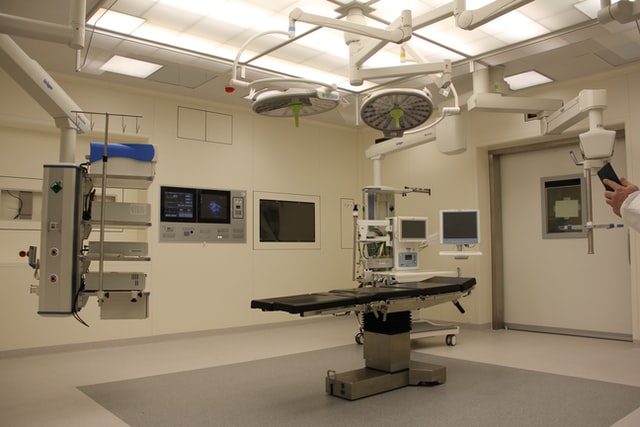Health infrastructure

Access to affordable healthcare is an important aspect of development. According to experts, improving the state of public primary health systems and boosting access to health care contributes to the speedy realisation of other developmental objectives such as economic development, labour productivity growth, responsiveness to innovation, and future alignment.
There is a clear and definite relationship between the health of a population and the state of development of a society. It is no wonder, health is considered part of a society’s capital stock as important as its physical capital. It is a human right.
Investments in properly functioning primary healthcare services are one of the ways to improve access to health care. The deployment of digital platforms, apps and technology solutions can collectively boost healthcare services delivery by democratizing access.
A major drawback of the continent’s healthcare system, as currently configured, is that about 50 per cent of healthcare expenditure is financed by out-of-pocket payments by individuals. This is despite the glaring poverty. This is not sustainable.
For a region that has battled HIV/AIDS, tuberculosis, and malaria over the years, the absence of infrastructure to deliver quality and affordable healthcare in this age and time is equally unsustainable.
For a country with an exceptionally huge healthcare system deficit, Africans spend a disproportional amount on medical tourism. Again, this is not sustainable.
The COVID-19 pandemic has removed all pretense. It has shown that so much more can be done to improve access to universal healthcare. The public sector cannot manage the healthcare system on its own. It must align and work with the private and other players along the value chain.
The IFC estimates, in a recent report, that over the next decade, $25-$30 billion in new investment will be needed to meet Africa’s healthcare demand. The bulk of this sort of investment will come from outside the coffers of the government.
Managed healthcare services and healthcare insurance should begin to expand their reach through offering ever-improving options to affordable health to families. The goals should be to make it convenient for people that need health care services to access healthcare services, broaden the scope of benefits and strategically manage costs.
In addition, with rapid urbanization, there ought to be a renewed focus on the resilience of the health care systems across Africa. WOFA will surely turn the spotlight on this area.
